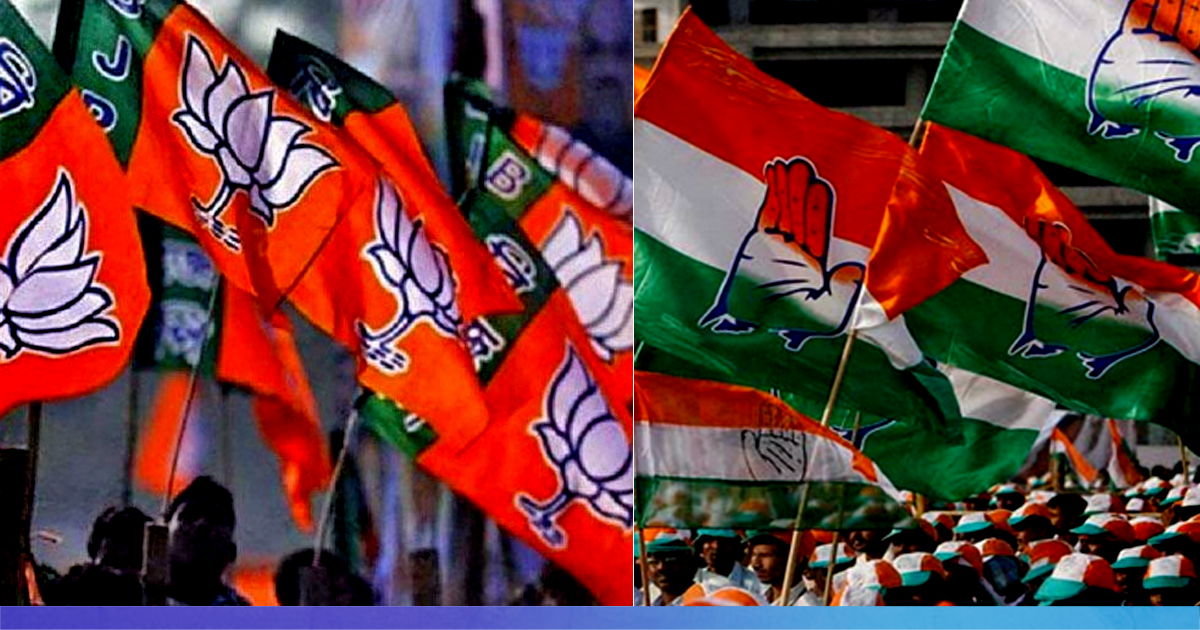
TLI Explains: With General Elections Coming Up, Know What The Model Code Of Conduct Means
11 March 2019 12:45 PM GMT
The Election Commission Of India on Sunday, March 10 announced dates for the 2019 Lok Sabha polls where the country will be voting in seven phases from April 11 to May 19, the results will be announced on May 23. With this announcement, the Model Code Of Conduct (MCC) has come into force. Chief Election Commissioner Sunil Arora has called upon all the political parties to strictly adhere to the MCC guidelines.
What is the MCC?
The Model Code Of Conduct is a set of guidelines which regulate political parties and its candidates to ensure free and fair polls. The Election Commission derives its powers from Article 324 of the Constitution which allows it to monitor the central and state governments as well as the political parties and their candidates.
The MCC provisions deal with a myriad of issues ranging from speeches, management of elections, polling booths, portfolios, the content of election manifestos, among others.
What happens after MCC kick-in?
- The party in power, both in the centre and states, should ensure that it does not use its official position for campaigning.
- The ruling party is prohibited from announcing any new scheme or policy or make ad-hoc appointments which may sway public voting behaviour in their favour.
- The party must refrain from advertising at the cost of the public exchequer or using official media for publicity.
- Ministers are barred from combining official visits with election work and the ruling party cannot use government transport for campaigning.
- The facilities that the ruling party enjoys for campaigning must also be extended to opposition parties as well.
- Issuing advertisements at the cost of the public exchequer is also considered to be an offence.
- The political parties have to steer clear from using places of religious significance for election propaganda.
- Bribing and intimidating voters is barred and political parties cannot hold public meeting during the 48-hour period before the poll. This 48-hour-period is also known as the “election silence.”
Do violations of the MCC have legal consequences?
While the EC ensures free and fair polls with the help of MCC, the latter has no statutory backing. Simply put, if a candidate or a party is guilty of violating the guidelines then they cannot be charged and the EC cannot proceed against them under any clause of the Code. The EC mostly uses either moral sanction or censure for its enforcement.
However, in extreme cases, such as when a candidate is seen instigating communal hatred, the EC can file complaints under relevant sections of the Indian Penal Code or the Income Tax Act. The EC can issue notices of breach either on its own or on the basis of a complaint. The candidate or the party is bound to reply in writing.
Cases of MCC breaches in the past
Ahead of the 2017 Gujarat polls both Congress and the BJP accused each other of violating the Model Code of Conduct. While the BJP pointed to Rahul Gandhi’s television interviews during the 48-hour period before polling, the Congress too, accused Prime Minister Modi of holding a ‘roadshow’ in Ahmedabad to woo voters.
The EC ahead of the 2014 General Elections had banned BJP supremo Amit Shah and SP leader Azam Khan from campaigning to prevent them from spoiling the poll environment with their communal utterances and inflammatory speeches. The commission said, “No permission should be granted for holding public meetings, public processions, public rallies, road shows, etc., by the district administration authorities, where the above two leaders are expected or likely to participate,” reported LiveMint. The EC invoked its powers from Article 324 of the constitution to impose the ban, which was only lifted after both of them apologised and promised to work within the code.
Also Read: PM Modi Launches PM-KISAN Scheme, Rs 2,000 Transferred To Over 1 Crore Farmers
 All section
All section













